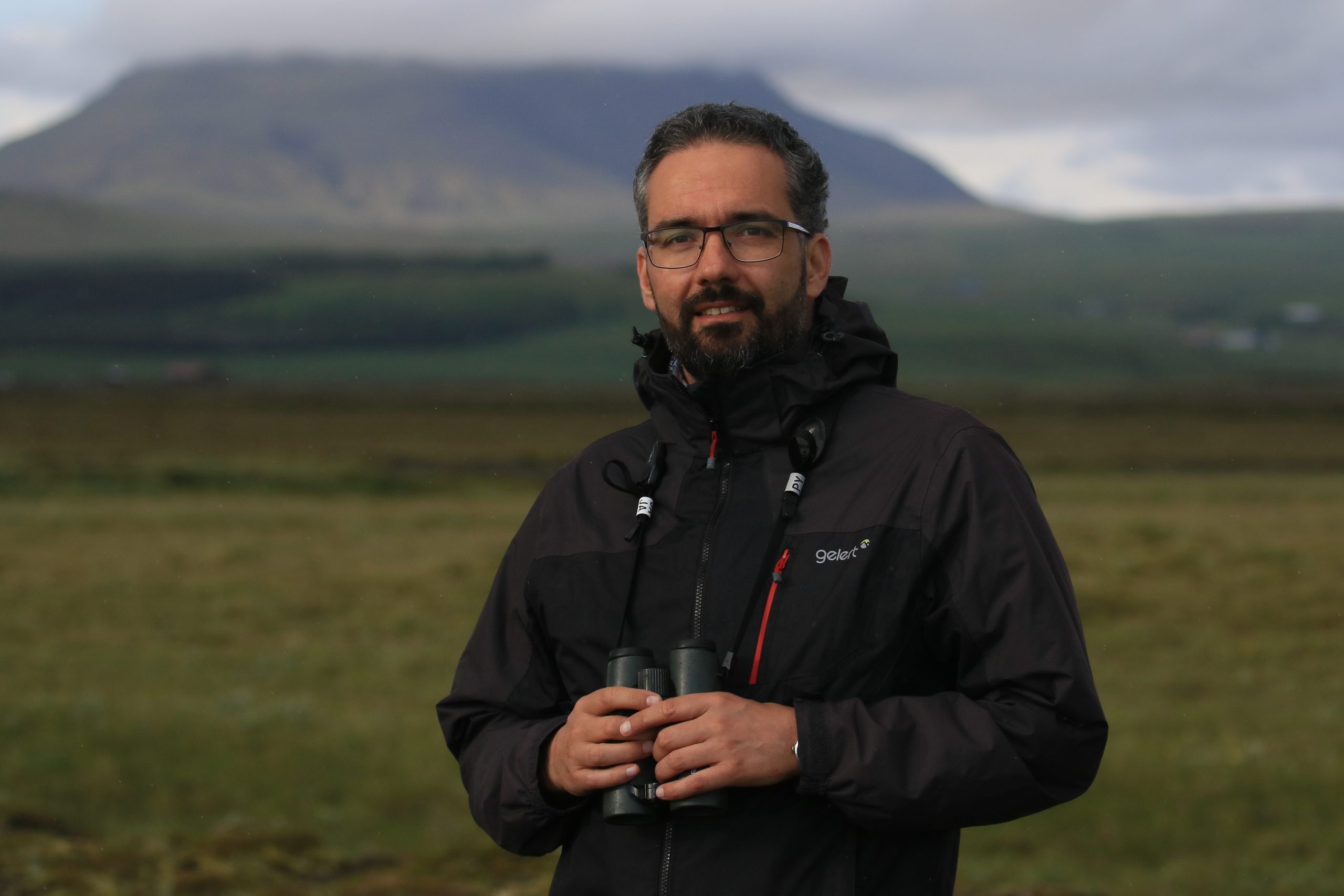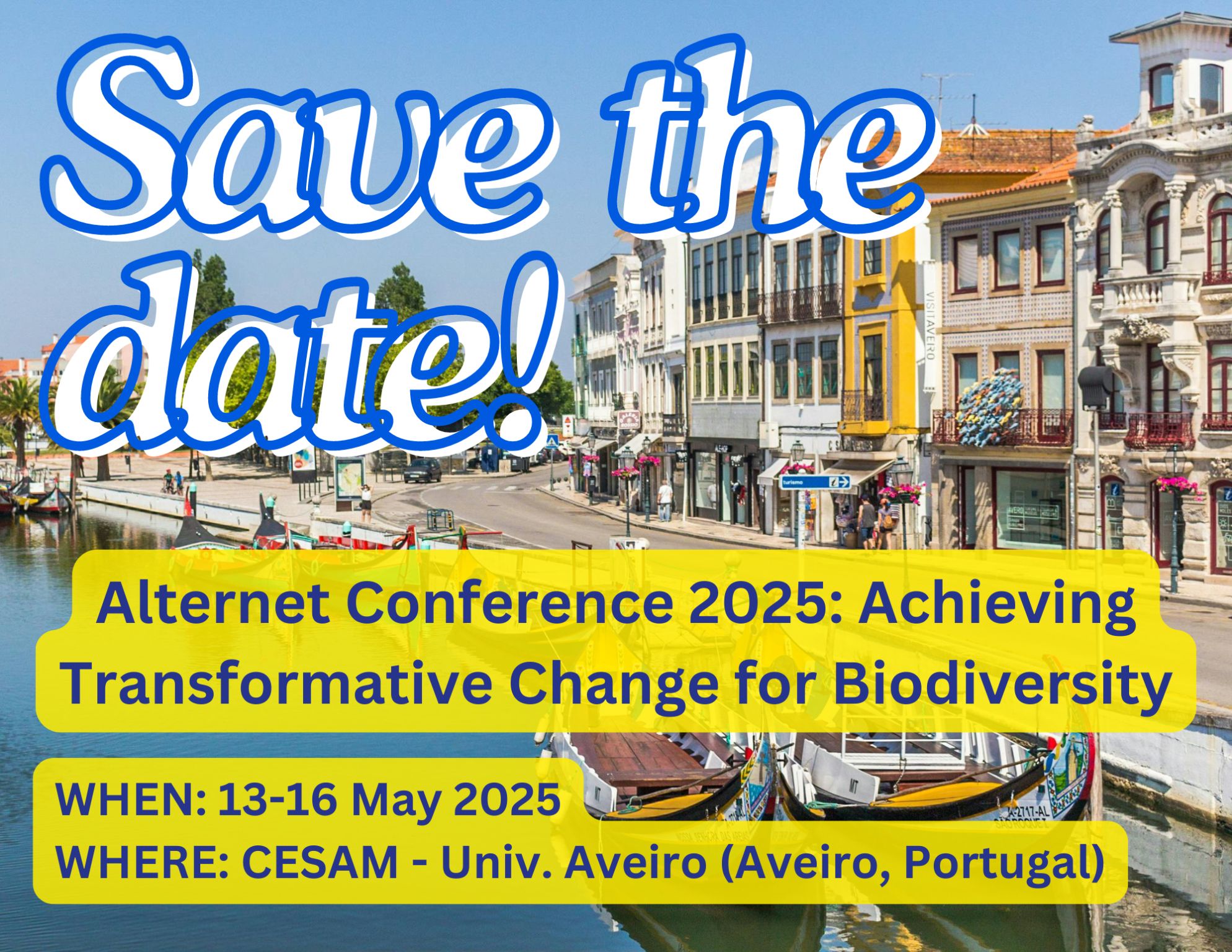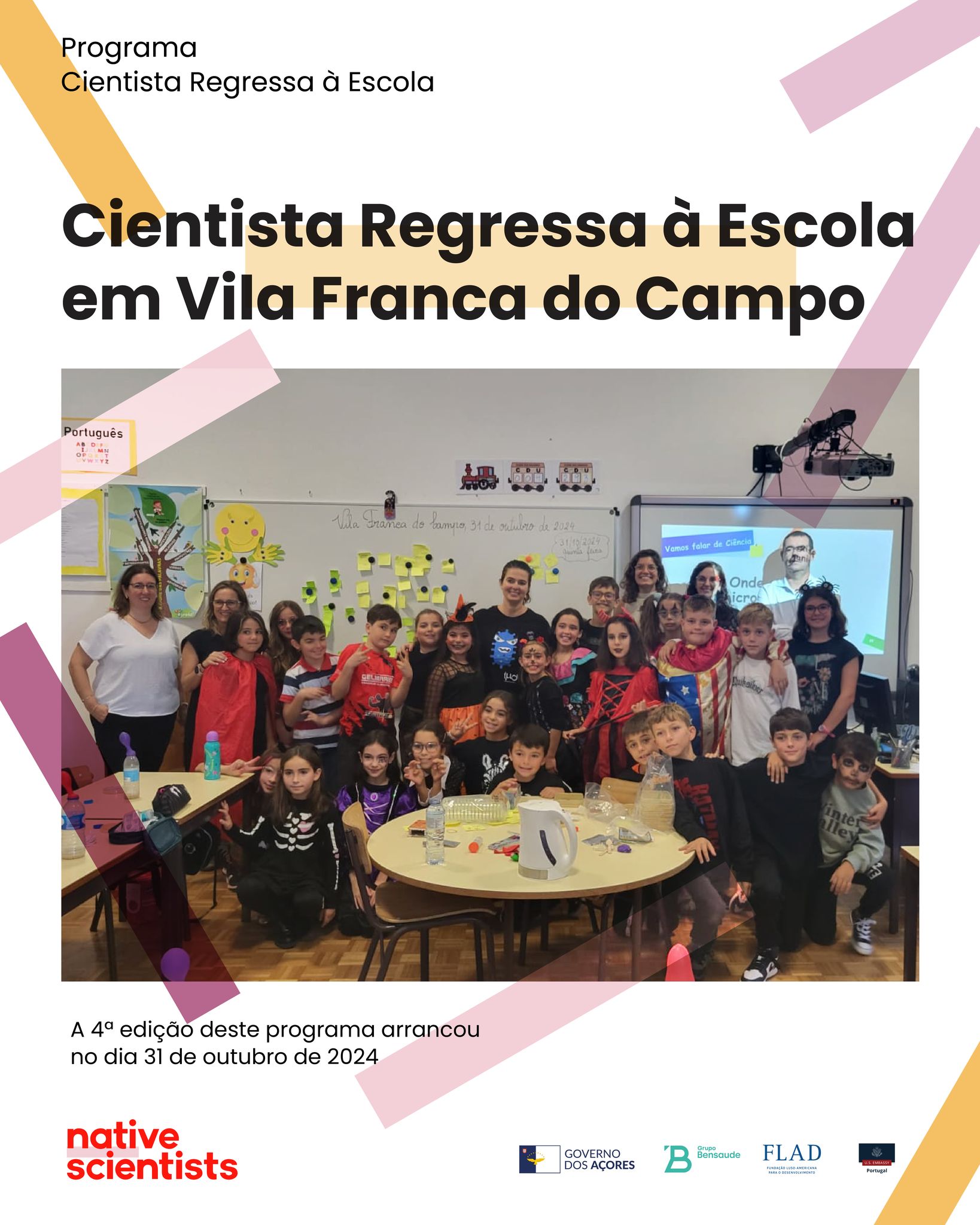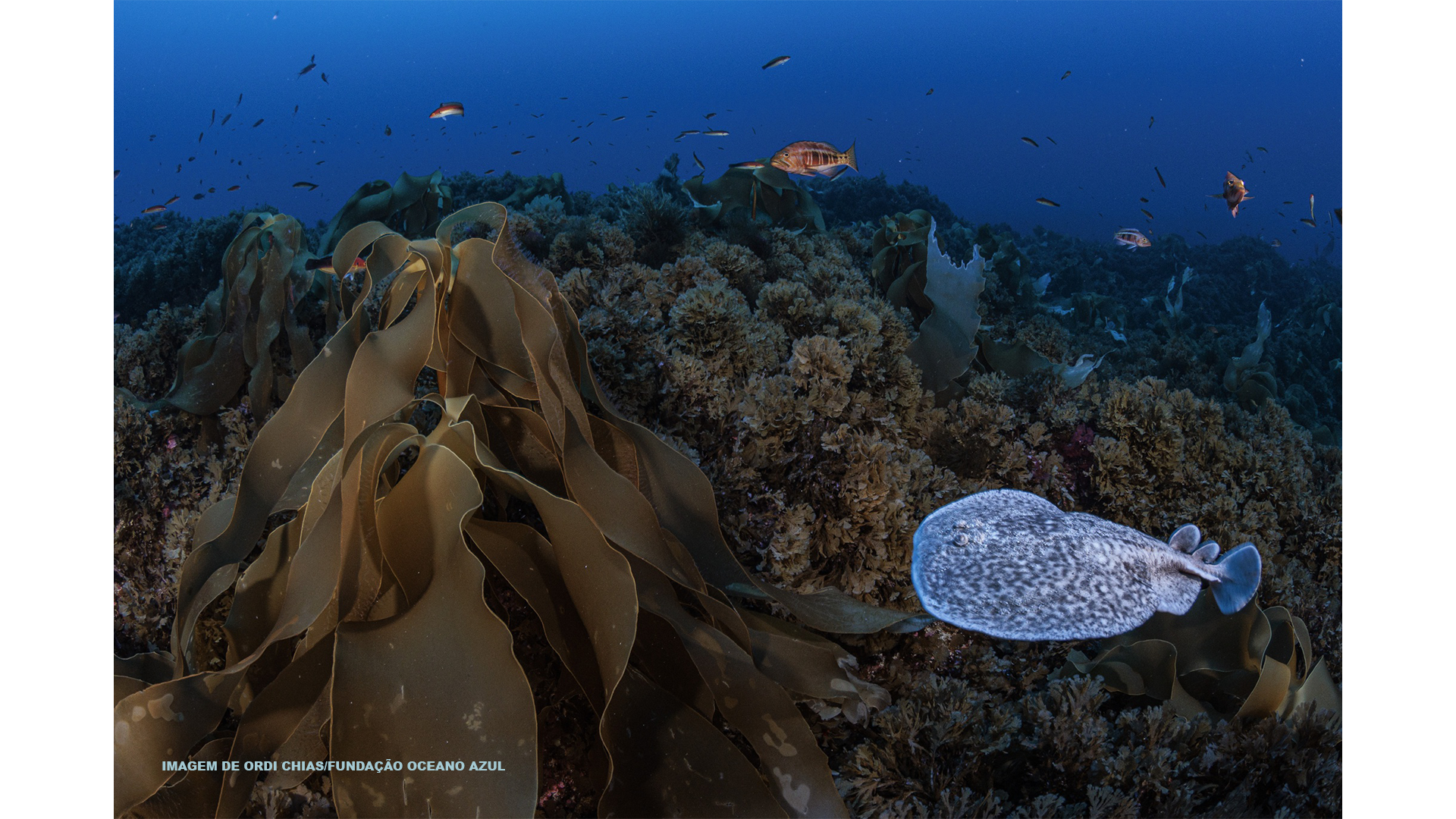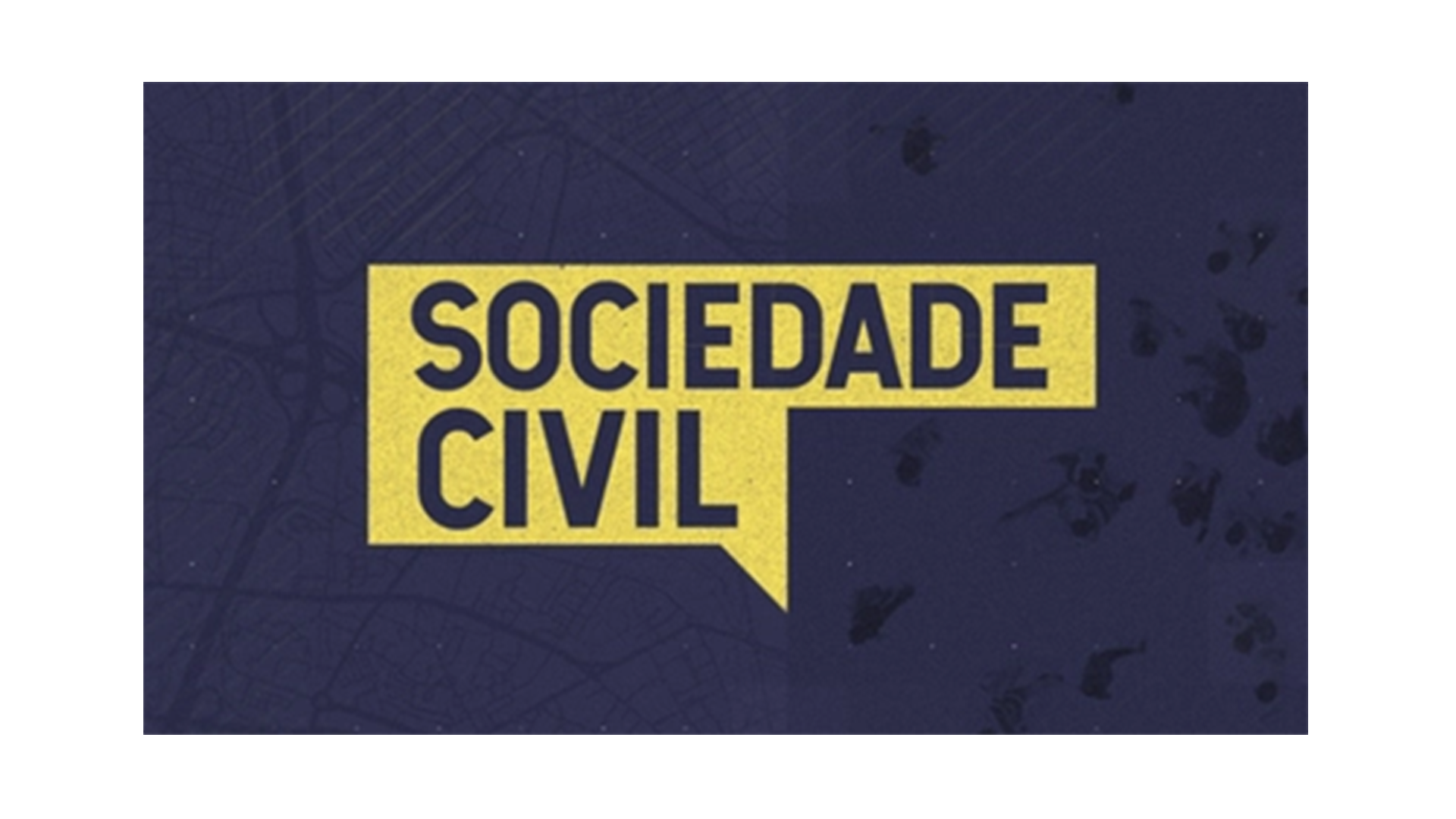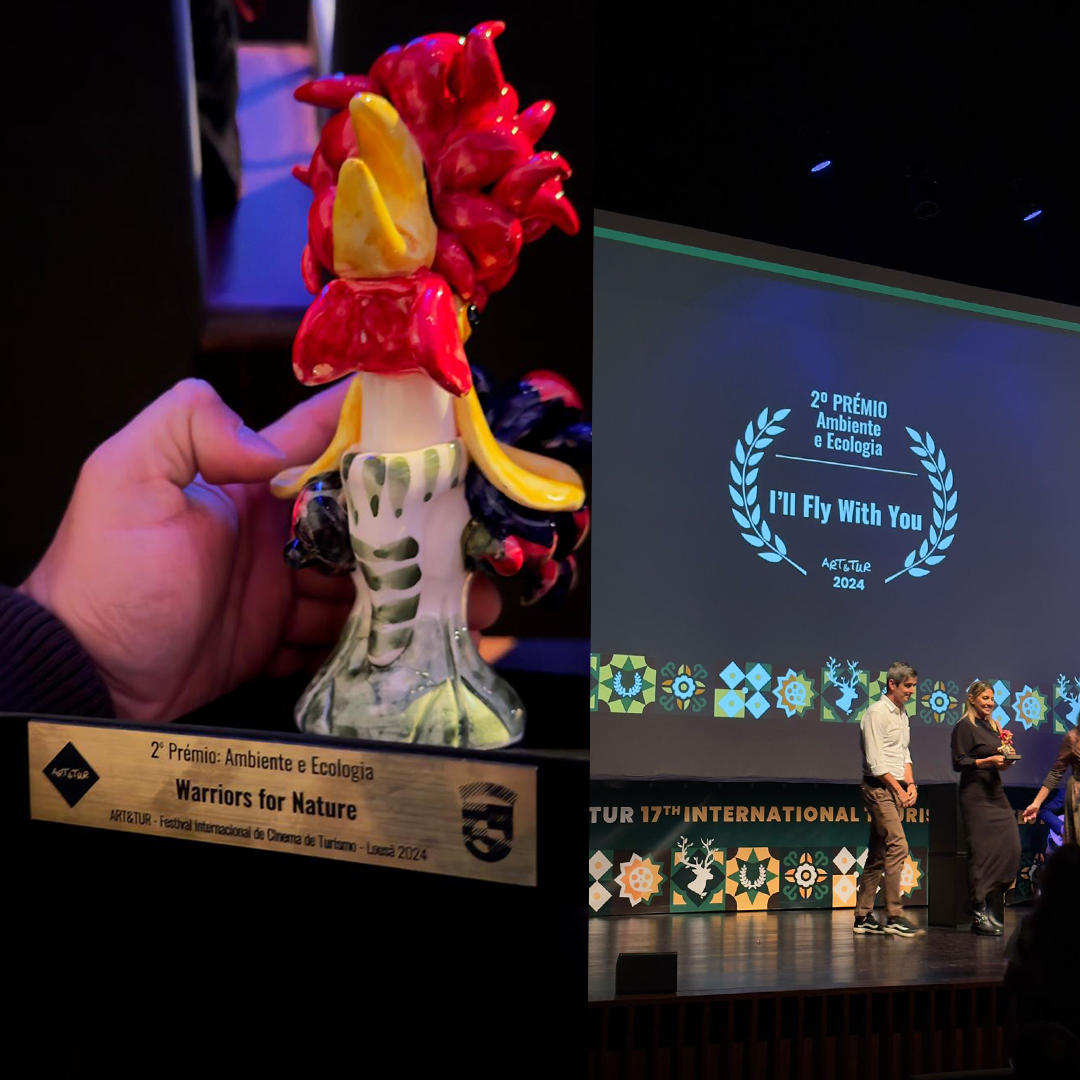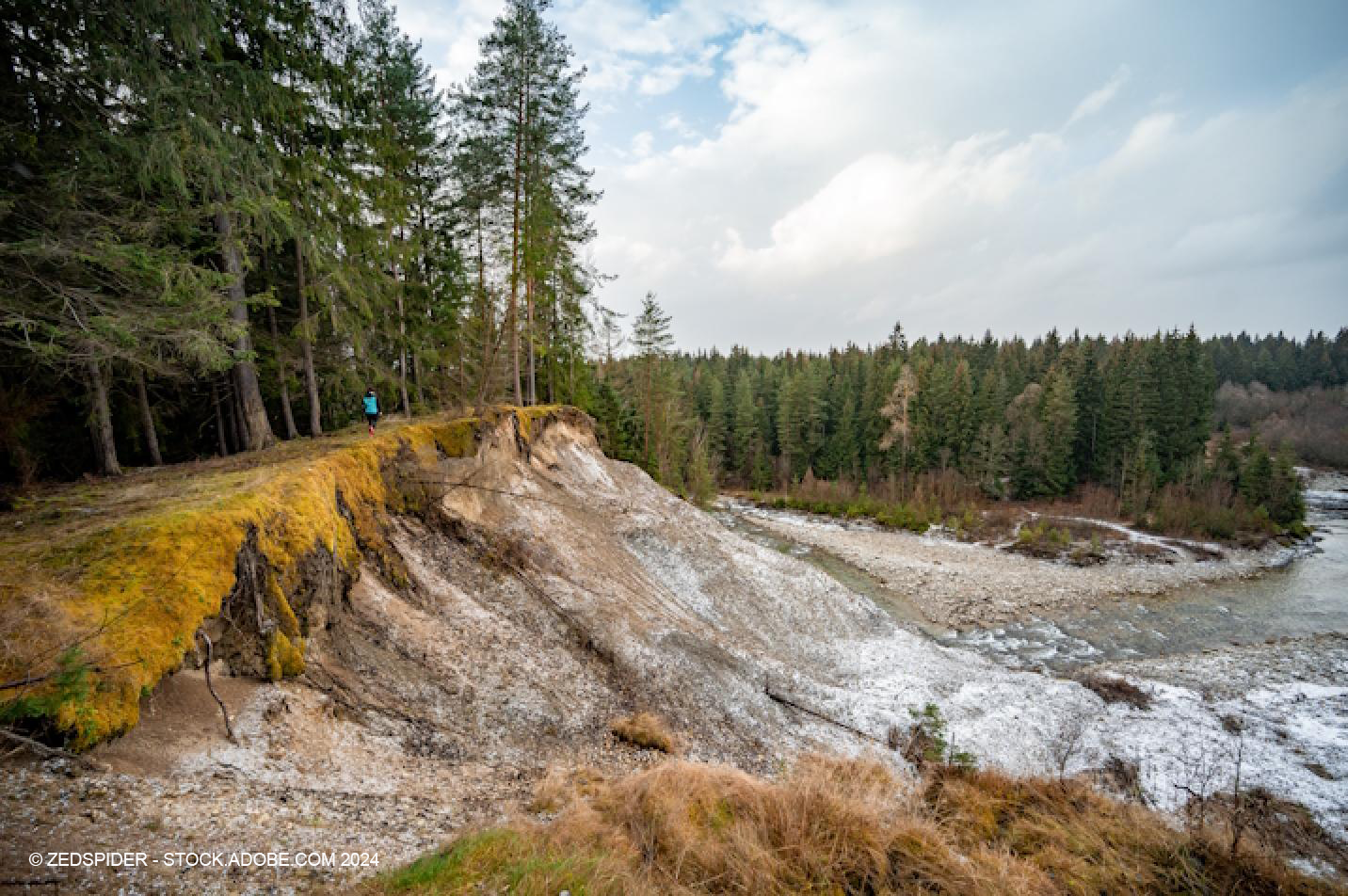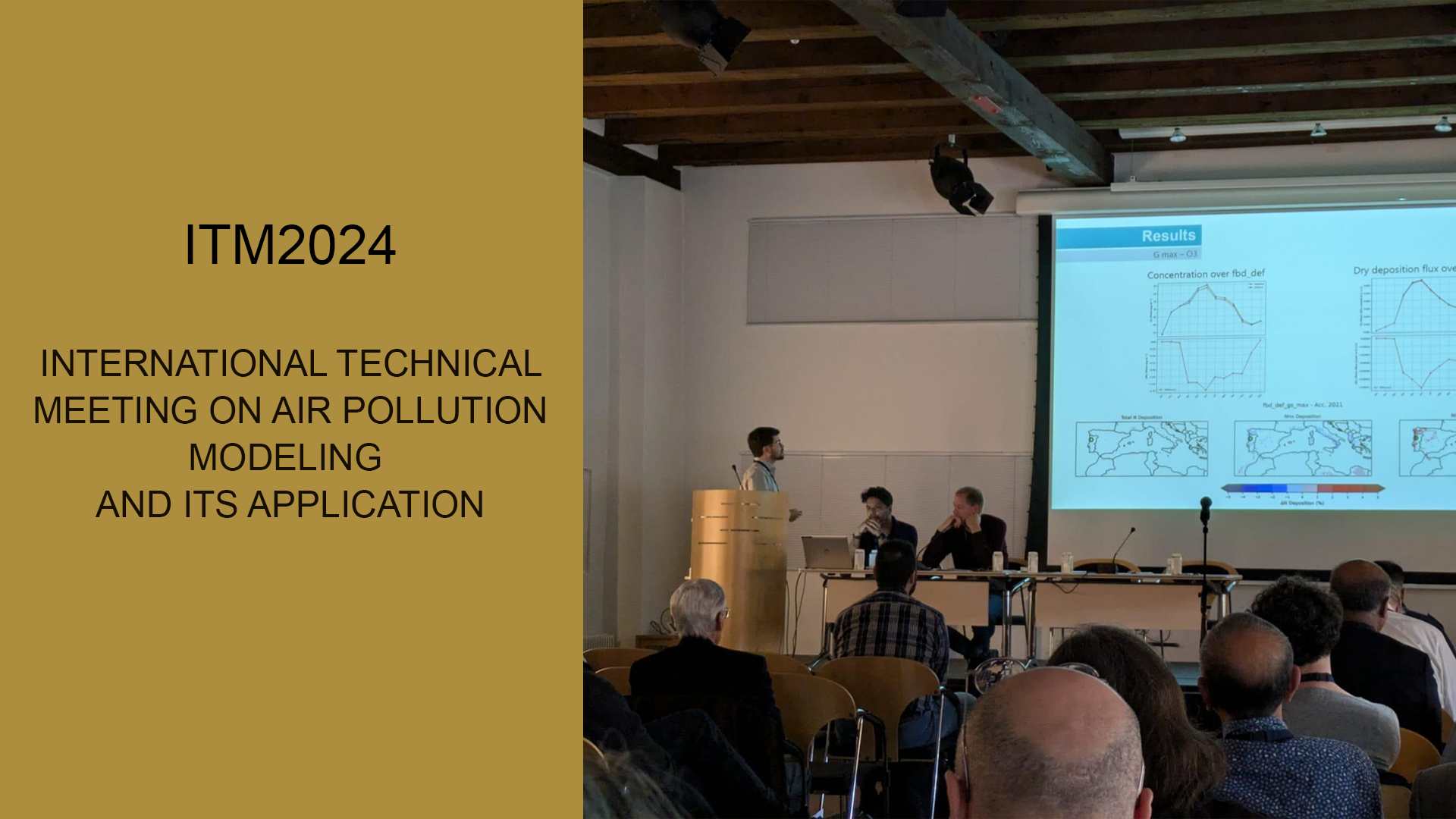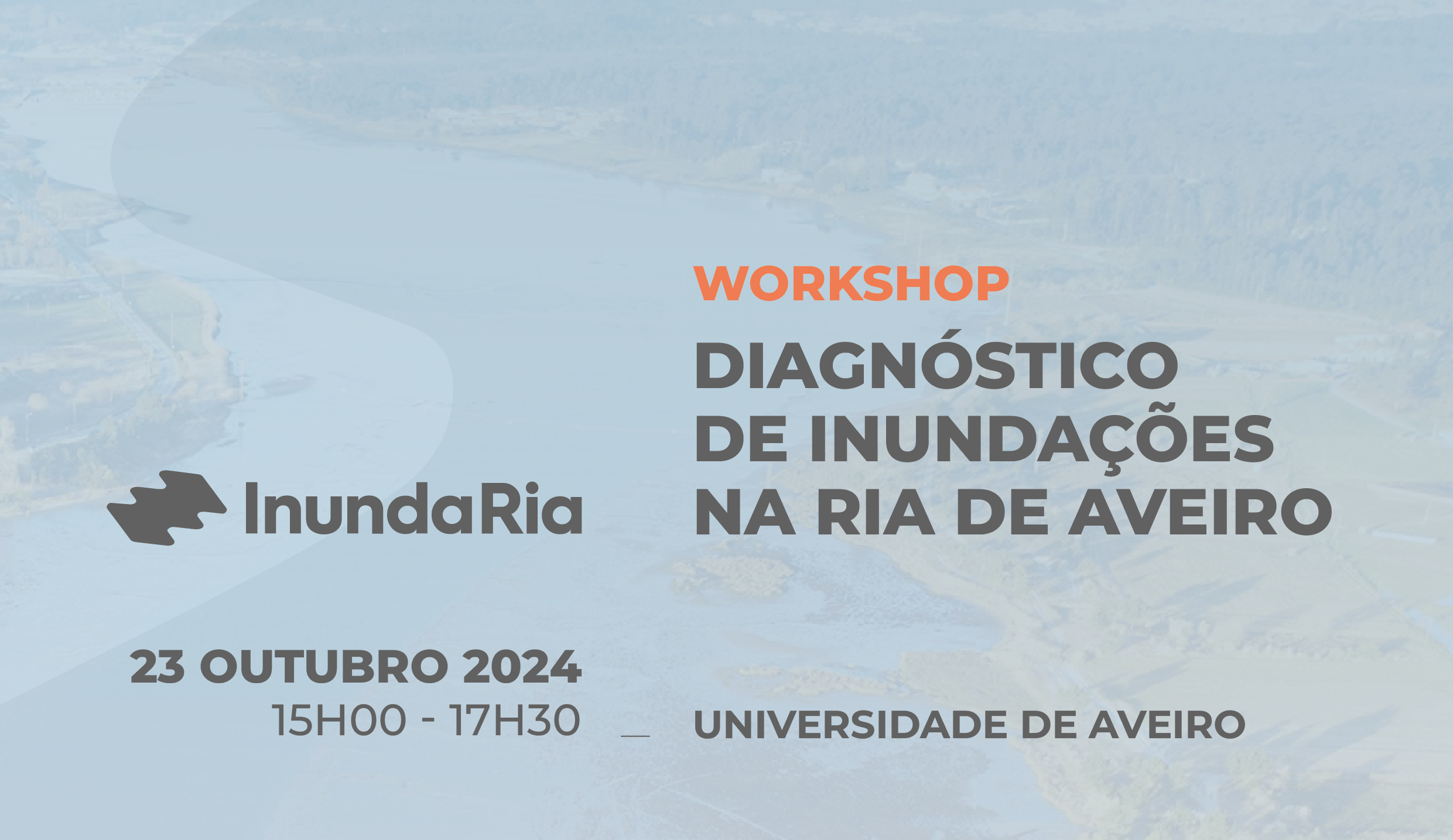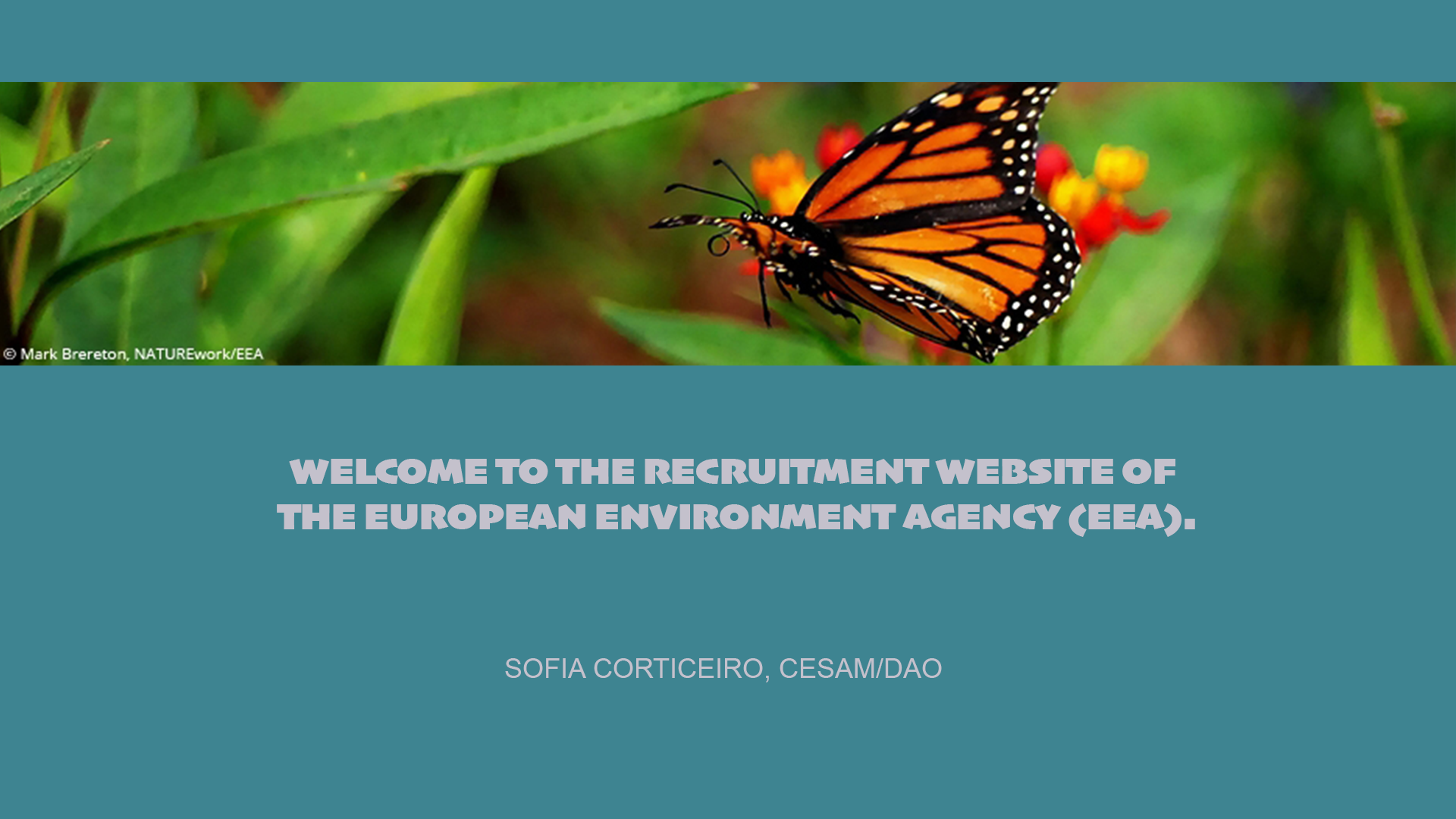The extinction risk for 16 species of wading birds has increased significantly, according to a recent report published by the newspaper Público. For all these species, their classification on the IUCN (International Union for Conservation of Nature) Red List of Threatened Species has worsened. In some cases, species have jumped two categories, such as the Grey Plover (Pluvialis squatarola), which moved from “Least Concern” to “Vulnerable” due to sharp declines of around 30%. This species is still relatively easy to spot in Portuguese wetlands. According to José Alves, a researcher at CESAM and the University of Aveiro, four of these species find refuge in Portuguese territory for most of their annual cycle and others only during the winter, which reinforces the country’s importance in the conservation of these birds.
Speaking to Público, José Alves emphasized the importance of “Portuguese coastal habitats, such as the Ria de Aveiro, the Tagus Estuary and the Ria Formosa, particularly during migration” for the conservation of these birds. These sites, which are also used as resting and feeding areas, are under threat from pollution, the destruction of wetlands and climate change.
The Público article also underscores the role of Portuguese researchers in raising awareness about the global impact of coastal ecosystem degradation. José Alves pointed out that the population declines of these birds have cascading effects on ecosystems, making it urgent to adopt conservation measures, such as protecting coastal areas and reducing pollution.
The appeal is clear: Portugal, with its extensive coastline and strategic position on migration routes between North America, Eurasia, and Africa, must intensify efforts to ensure the protection of these species. Such efforts will contribute to global biodiversity and ecological balance. The loss of these birds would have a significant impact not only at the local level but also on coastal ecosystems worldwide.
